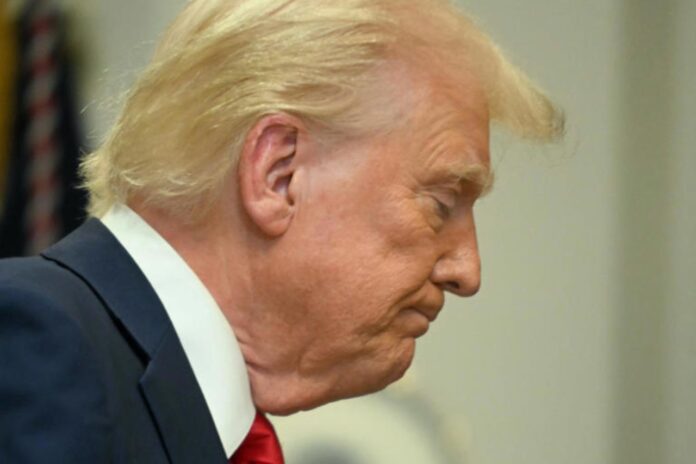On Monday, President Donald Trump signed an executive order aimed at ending what he calls “federal censorship” of online speech. While his supporters hailed it as a victory for free expression, critics are sounding alarms, warning that this move could unleash a flood of false and harmful information online.
Here’s the gist of the executive order: it bans federal officials from restricting Americans’ free speech on digital platforms and blocks taxpayer funds from being used to stifle online voices. The Justice Department is also tasked with investigating past actions by the Biden administration that allegedly suppressed speech.
What Sparked This Controversial Move?
For years, conservatives have claimed that Big Tech companies, in cahoots with Democrats, have silenced their views. Trump’s order is seen as delivering on a promise to protect those voices.
But critics aren’t convinced. Disinformation watchdogs argue this could open the floodgates for harmful content. Nina Jankowicz, an expert in online misinformation, warns, “This isn’t about protecting free speech—it’s about silencing those who call out disinformation and destabilizing the country.”
The Bigger Picture: Disinformation vs. Free Speech
Opponents of the order fear it will make it harder to combat falsehoods during critical times, like natural disasters or health crises. Just last month, conspiracy theories spread like wildfire during the Los Angeles firestorm, leaving many confused and vulnerable.
On the flip side, conservatives point to incidents like Meta CEO Mark Zuckerberg’s claim that his team felt pressured by the Biden administration to take down certain content. To them, this is proof of government overreach.
Big Tech and Content Moderation: A Shifting Landscape
Social media companies, including Facebook and X (formerly Twitter), maintain that their content moderation targets harmful speech, not political ideologies. Still, critics across the political spectrum have accused these platforms of bias.
Interestingly, under Trump’s new administration, tech giants are stepping back from aggressive moderation. Platforms are dialing down fact-checking efforts, signaling a shift to a looser approach.
The Showdown Ahead
As Trump settles into his role as the 47th president, the debate over free speech and disinformation isn’t going anywhere. Whether this executive order protects Americans’ rights or creates chaos, one thing’s for sure: the lines between free speech, government oversight, and public safety have never been blurrier.
What do you think? Is this a bold step toward protecting free speech, or are we opening Pandora’s box?





